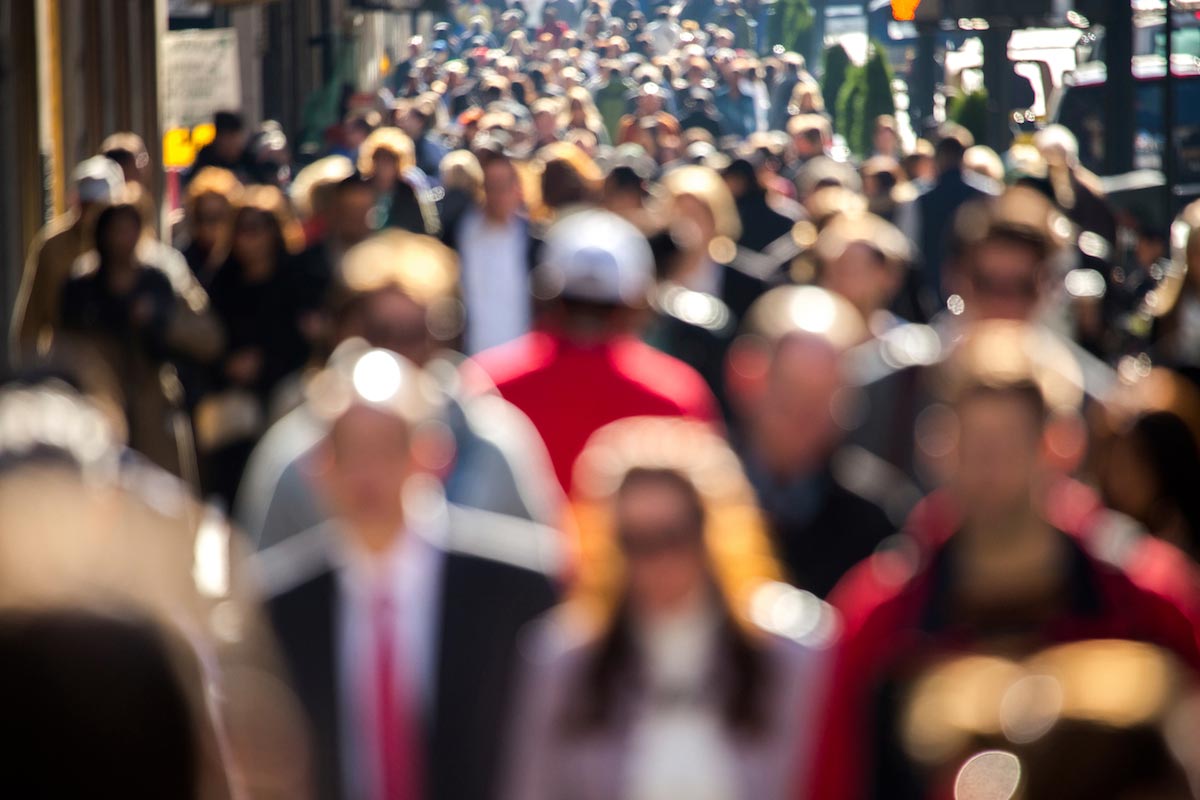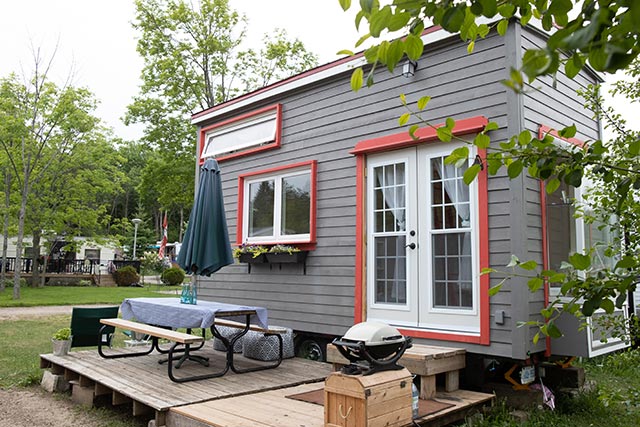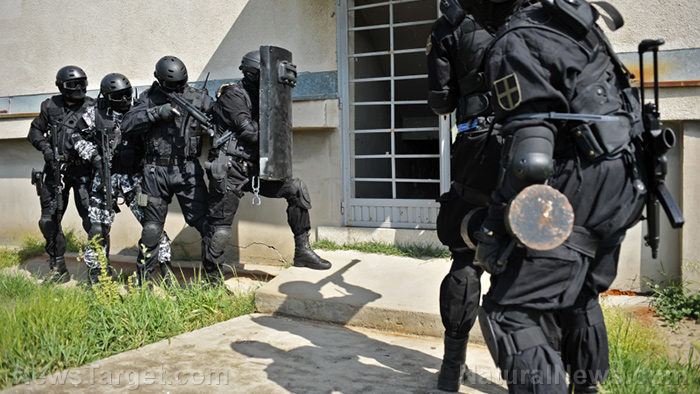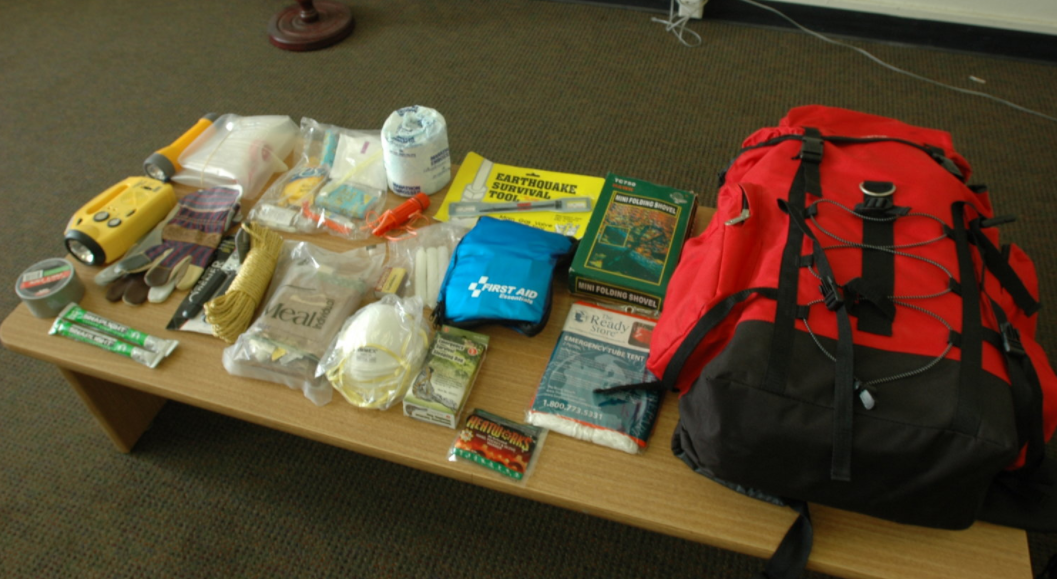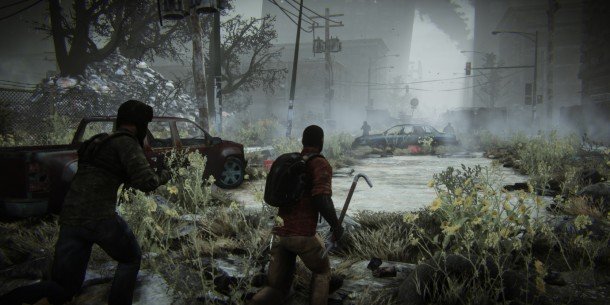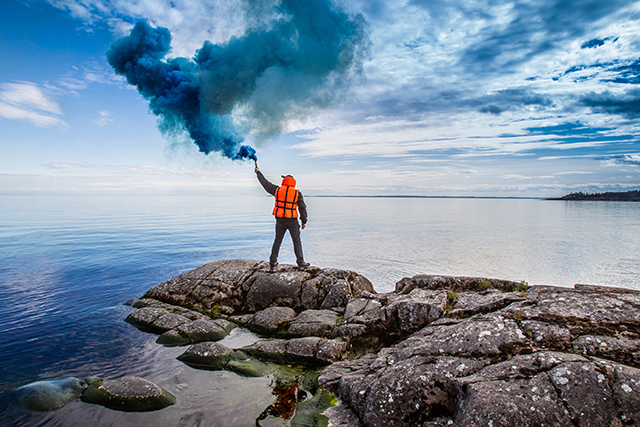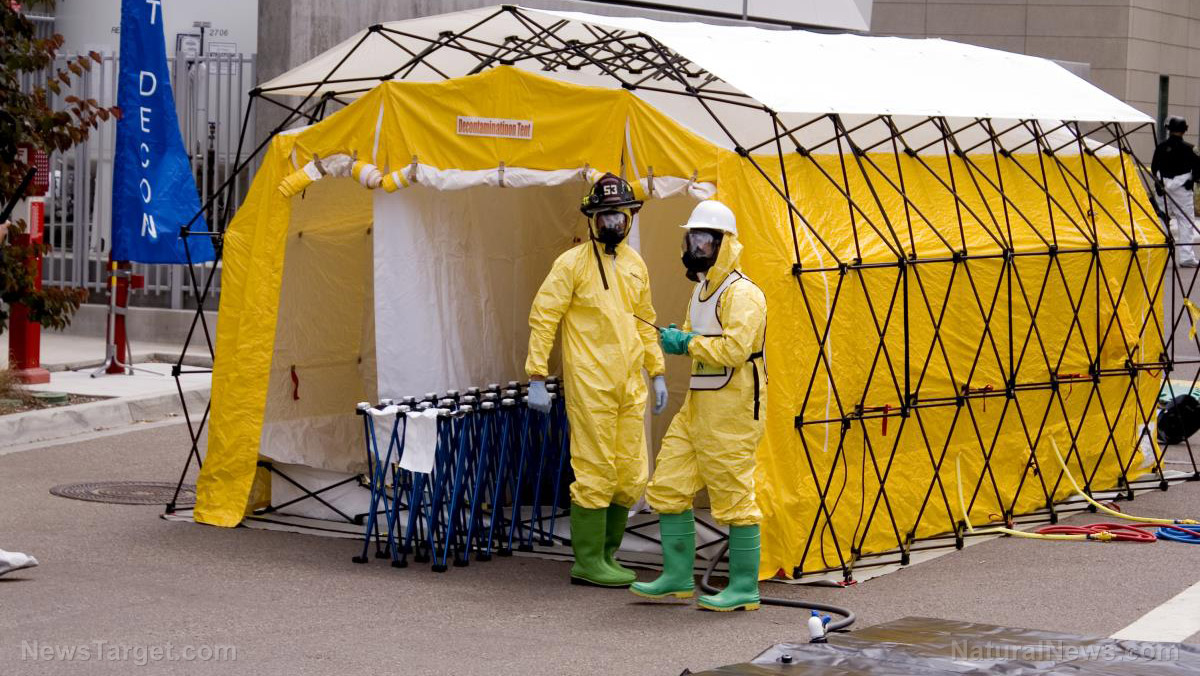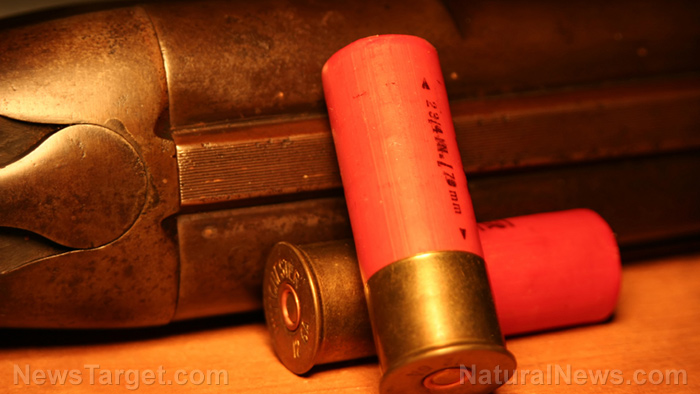Essential survival gear for the home
03/26/2018 / By Lance D Johnson
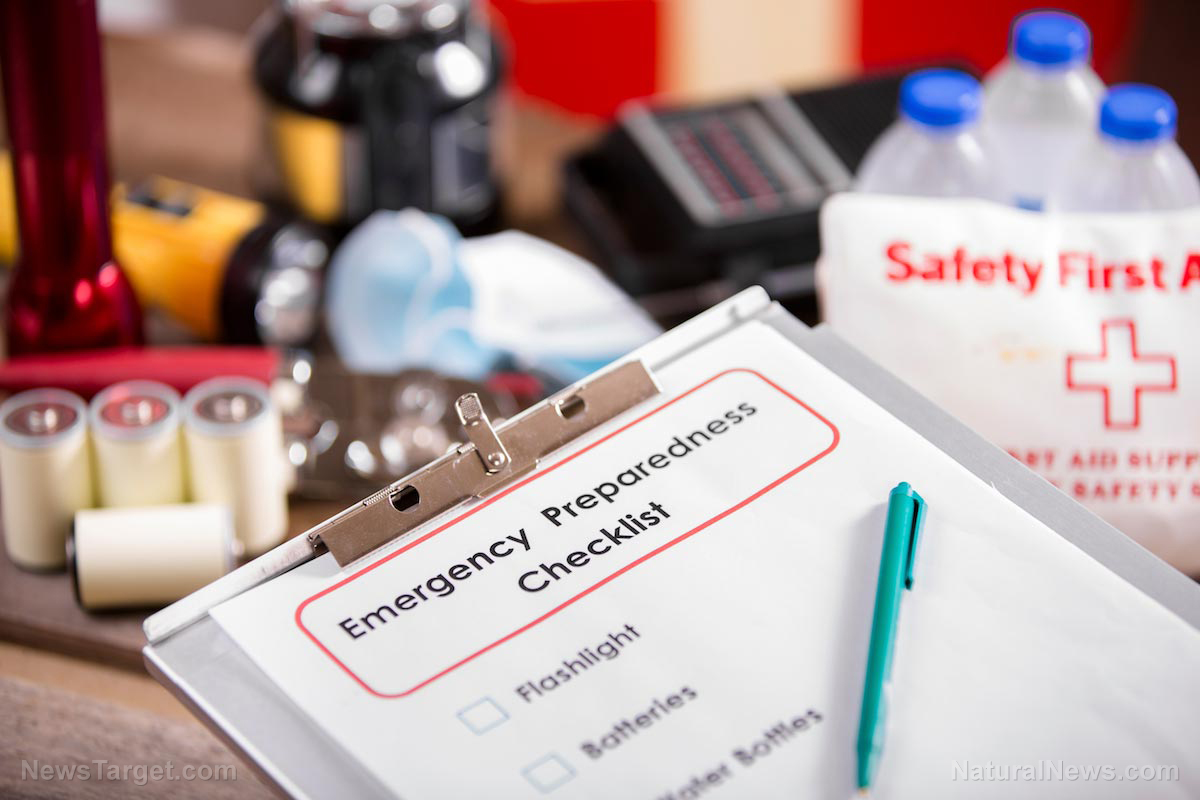
The comfort and ease of modern-day living is made possible by flip-of-the-switch electricity, turn-of-the-knob water supplies, on-the-go cell phone communication, and high-speed internet access. It’s easy to take these conveniences for granted, but nothing in life is for certain; that’s why having a backup plan is important. Here are some essentials you should have on hand, in case of an emergency.
Water Storage
Water is the first necessity in a survival situation. If you don’t have access to a standing body of water or natural spring, then you might consider storing water in large, sturdy, BPA-free containers. You can stock up on water bottles or fill up five-gallon cartons, but these methods are inefficient, full of phthalates. Aqua-Tainers are safe, sturdy seven-gallon containers with spigots that make storing, collecting, and maneuvering water much easier. Alternately, you could devise a way to collect rainwater using rain barrels or tarps. You could also dig a well in a low-lying area to collect groundwater.
Water Purification
The water you collect in a survival situation isn’t always drinkable. I remember drinking from a creek with a buddy when I was twelve. That night we both vomited uncontrollably, as our bodies rejected some pathogen that was lurking in the water. To stay safe, invest in a standalone, gravity-fed activated charcoal water filter. Big Berkey sells a system that can serve a large family. The systems filter out pathogens and a wide range of heavy metals and chemicals to ensure clean drinking water. Berkey also sells water bottles with filters built into the straw. These are great to have if you must bug out during a survival situation.
Sponsored solution from the Health Ranger Store: Lab-verified Nascent Iodine solution is a dietary supplement that provides your body with supplemental iodine to help protect your thyroid during radiation exposure. Nuclear accidents such as Fukushima (or nuclear war) can expose your body to radioactive iodine-131, a dangerous radioisotope. Pre-loading your system with stable iodine occupies the iodine receptor sites on your organs, causing your body to naturally expel radioactive iodine you may have been exposed to through air, food, water or milk products. This defensive strategy is recommended by nearly all health authorities, worldwide, including the Nuclear Regulatory Commission. Discover more at this link.
Food Storage
A stash of food is critical for weathering a natural disaster or grid-down scenario. If the electricity goes, plan to eat the food from your fridge first. Ration the food that has the longest shelf life. You can be more prepared by dehydrating food in advance with the Excalibur Dehydrator. You can store your dehydrated foods, beans, rice, lentils, flour, and other dry staple items in Mylar bags. Purchase the dry food in bulk and pour it into Mylar bags, strategically placing oxygen-absorbing packets throughout. Squeeze out any extra air and heat seal the bag. To finish, place the bag in a five-gallon bucket and seal the lid. If you want to skip the work, consider investing in carefully packaged, emergency buckets of healthy lab verified foods.
Indoor garden
Growing your own herbs and sprouts indoors is one way to feed your body living nutrients. The AeroGarden Harvest Elite or Health Ranger mini-farm grow boxes provide medicinal herbs year-round and the phytonutrients would be very beneficial in a stressful, SHTF situation.
On-the-go cooking supplies
In a survival situation, you’ll want to have a means to cook, too. A portable camp stove is a crucial tool, but make sure you have enough fuel saved to keep it running. The Ranger Gear Outdoor Mini Camp Stove is an excellent choice. For a more permanent, open fire solution, that could be used indoors with a chimney, check out the Camp Chef Alpine.
Power source
Flashlights and candles are great to have during a short-term power outage. If you are faced with a long-term power outage, consider investing in a generator. The quiet, efficient Goal Zero Yeti 1200w system can be powered by solar panels, such as the 100W Renogy solar panel. You could invest in a unit powered by natural gas or propane; the reliable 20,000w standby generator by Kohler starts as soon as the power goes out.
Means of communication
If the communication grid goes down, you can listen to emergency updates with a hand crank radio, but if you want to contact other people in an emergency, you’ll need a HAM radio. These transceiver devices will help your family coordinate, meet up, and make plans wirelessly during a SHTF scenario.
Self Defense skills
In a grid down scenario, people will think irrationally and crime will increase. While you have taken steps to be self-reliant, not everyone will share your sense of responsibility. Not everyone will barter or negotiate. You may have to defend yourself or risk being used, ransacked, raped, or murdered.
For more on gun recommendations, visit Guns.News.
Sources include:
Tagged Under: camp stove, communication, energy independence, Food storage, Gear, Home Defense, hunting, medicinal herbs, preparedness, self-defense, survival, water purification, water storage

